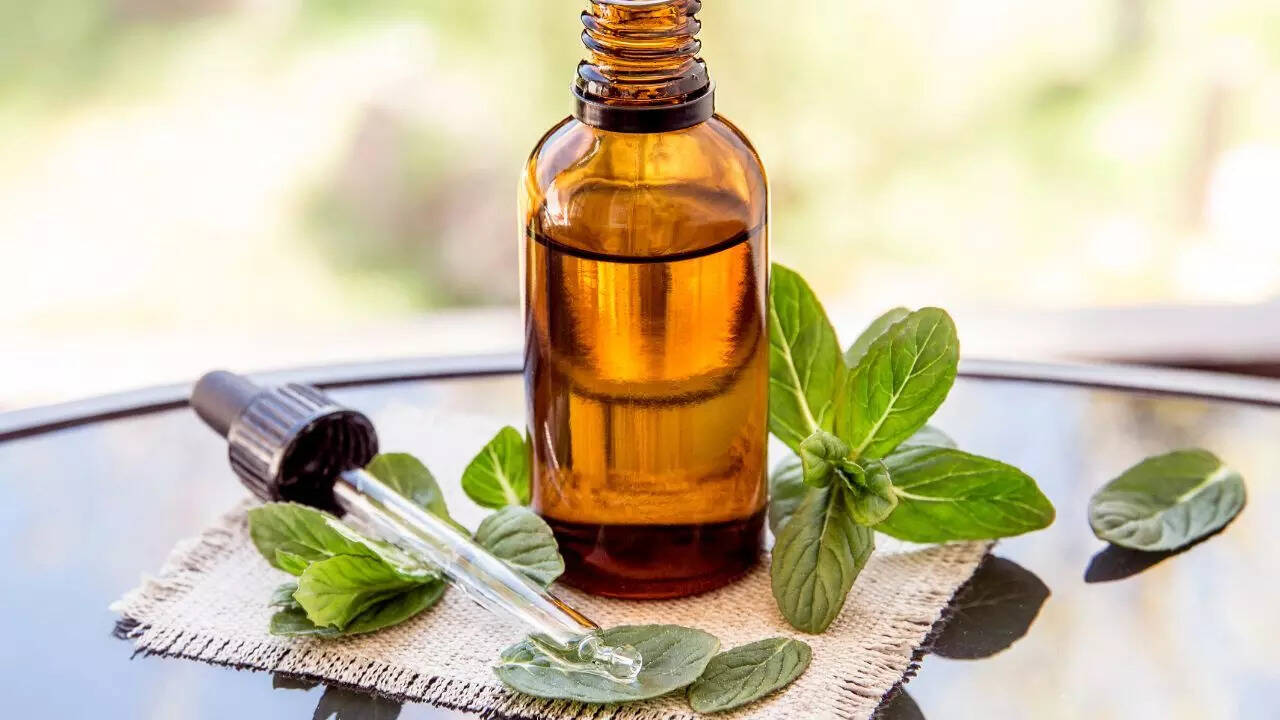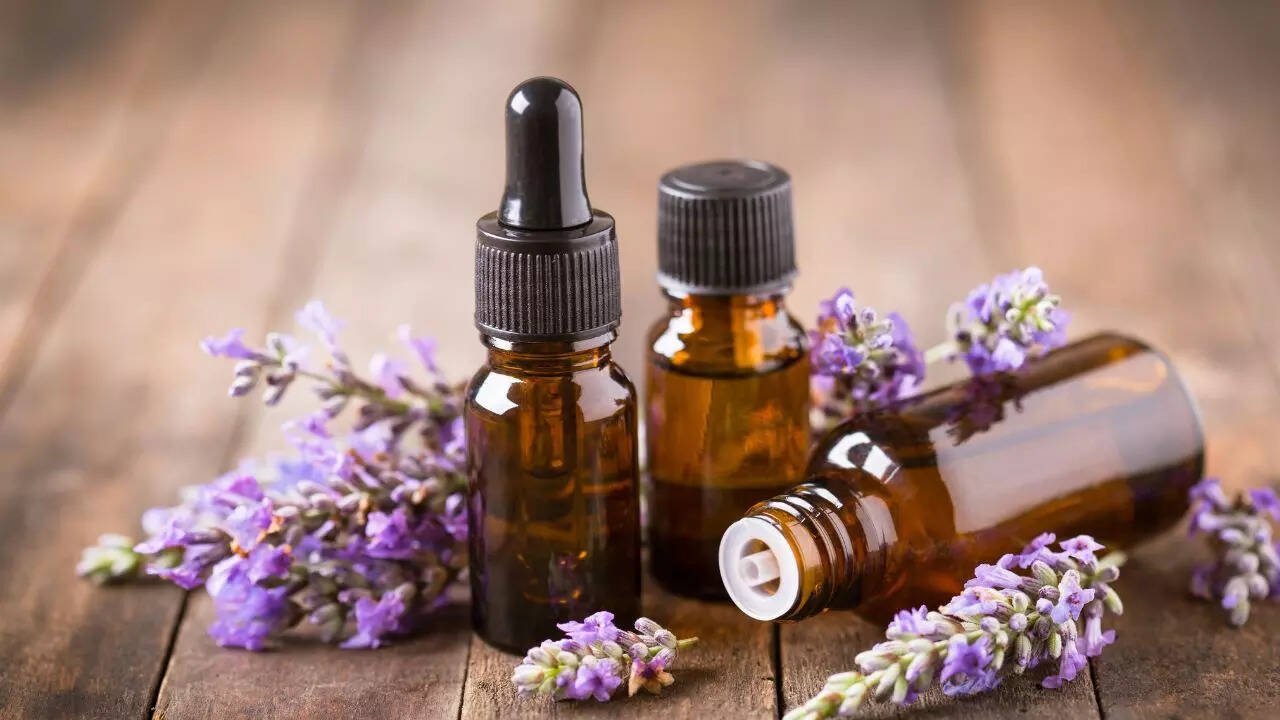Are essential oils safe for your lungs? Know its risks and other safer oils to use |

Essential oils are popular for their natural healing properties and are widely used in aromatherapy, skincare, and holistic wellness routines. While they offer a range of potential benefits, it’s important to be aware that they may also carry certain health risks if not used correctly. Inhaling or diffusing essential oils can sometimes affect respiratory health, particularly in sensitive individuals. The effects of essential oils can vary depending on factors like purity, concentration, and individual sensitivities. Understanding how essential oils interact with the body is key to using them safely and effectively as part of a natural health approach.

Potential health risks of essential oils on lung health
Essential oils are highly concentrated plant extracts that can be used in various ways, including diffusion, topical application, and inhalation. While some essential oils may be beneficial for lung health, others can cause irritation, inflammation, or other adverse effects, particularly when used improperly or in excessive amounts.
- Lung irritation: Certain essential oils can irritate the lungs, especially when inhaled in large quantities or over extended periods. This can lead to symptoms such as coughing, wheezing, and shortness of breath.
- Allergic reactions: Some individuals may be allergic to specific essential oils, which can trigger allergic reactions, including respiratory issues.
- Respiratory conditions: People with pre-existing respiratory conditions, such as asthma or chronic obstructive pulmonary disease (COPD), may be more susceptible to the adverse effects of essential oils.
Best essential oils for lung health
Some of the most effective essential oils for lung health include:1. Eucalyptus oil is known for its decongestant properties and ability to relieve congestion and open up airways.

2. Peppermint oil has anti-inflammatory properties and can help reduce inflammation in the lungs and airways.

3. Tea tree oil offers antimicrobial properties that can help combat respiratory infections.

4. Rosemary oil has expectorant properties that can help loosen mucus and reduce coughing.

5. Lavender oil can help reduce stress and anxiety, which can exacerbate respiratory issues.

Tips for a safer use of essential oils for lung health
To minimise the risks associated with essential oils and lung health:
- Choose essential oils from reputable sources to ensure purity and safety.
- Always dilute essential oils with a carrier oil for topical application, and follow recommended dilution ratios.
- Use a diffuser in a well-ventilated area, and limit diffusion time to 30-60 minutes.
- If you have pre-existing respiratory conditions or concerns, consult with a healthcare professional before using essential oils
Also read | Can scented candles trigger allergies and headaches? Here’s what you need to know




